CEE | Center for Experimental Ethnography
Menu
|
A Note from Ra' Anan:
Hello everyone, I am privileged and grateful to be CEE fellow this semester and looking forwards to engaging with you all. Towards the upcoming meet-the-fellows event I am sharing links to 3 films I made about Israel/Palestine in the last two decades. The films disclose the way I position myself towards the place that I come from, and my effort to communicate my understanding of the conflict with audiences. They also demonstrate a shift in my understanding of the power relations that underly my making these films over this period of time, and an aesthetical shift from a cinema that wants to capture beauty of landscapes and of faces; to explore people’s actions and body language - to an almost emotionless, claustrophobic, almost suffocated filmmaking. This trajectory was not premeditated – it was informed by the question that the very making, and releasing of each of these films into the world brought up and if interesting for the group I am happy to share some thoughts. -Ra'Anan Film Links: The Inner Tour (2000) password: TIT111120 The Law in These Parts(2011) password: TLITP2023 The Viewing Booth (2019) password: SNFP2021
0 Comments
Join us for the first meeting of the year for the Black Reproductive Working Group, which gathers together reproductive justice workers, scholars, healers, and community allies. This month we are joined by Dr. Jill Baker, the CEO of “A Tribe Called Fertility LLC” and Creator/Producer of “Maternal Health 911” Podcast, and the Executive Director of the Center for Parent and Teen Communication (CPTC) at CHOP. Lunch will be served with vegan and vegetarian options. THE WORKING GROUP What sites, processes, and practices constrain Black parental and reproductive autonomy in Philadelphia institutions and communities? We convened this working group in 2022 to study constraints on Black reproduction in contemporary, historical, and global contexts, especially as these freedoms are challenged through public health, reproductive medicine, legal systems, and economic practice. Reproductive Justice (RJ) frameworks were created in 1994 by a group of Black women activists, including prominent RJ scholar Loretta Ross, to call attention to the racial and gendered disparities in reproductive rights, especially in the way these rights are conceptualized and applied. Through a RJ lens, reproductive rights involve the right to not have children, but also concomitant rights to have children, and to parent children in safe environments with dignity. These latter two sets of rights are of particular historical concern to black parents and parents of color, given that their rights to have children, keep children, and parent them safely have been routinely targeted in medical, legal, and economic domains. By drawing together expertise from local Philadelphia communities, community organizers, and Penn scholars, we aim to conscientiously build a monthly community sharing space, develop our understanding of reproductive justice, and develop practical ideas for integrating RJ frameworks more deeply into our practices.
Our Third Thursday event for February explores BE HOLDING, an original performance created by poet Ross Gay, composer Tyshawn Sorey, new music ensemble Yarn/Wire, and director Brooke O’Harra. Inspired by Philadelphia 76ers basketball legend “Dr. J” and his iconic baseline scoop in the 1980 NBA Finals, Be Holding meditates on America’s history of racial violence in search of Black genius, justice, and joy. Produced by Girard College, a tuition-free boarding school for underserved youth that was at the center of Philadelphia’s civil rights movement, Be Holding opens the school’s historic campus to the city and fosters conversation on social justice issues that continue to impact its majority Black population today.
This conversation brings together key creative voices including poet and performer Yolanda Wisher, poet and performer David Gaines, director/artist Brooke O'Harra, and Ross Gay himself. MEET THE SPEAKERS
|
Categories |
Contact Us // 438 PENN MUSEUm // [email protected]
© 2018 The Trustees of the University of Pennsylvania
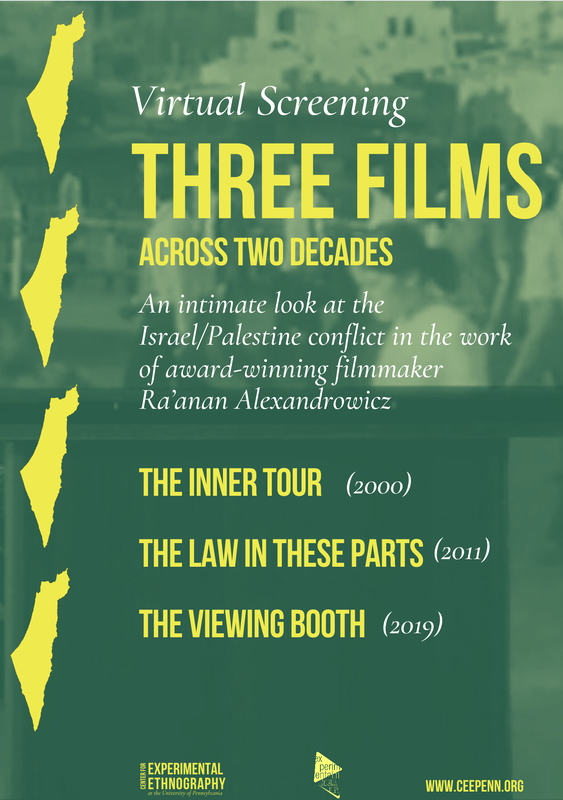
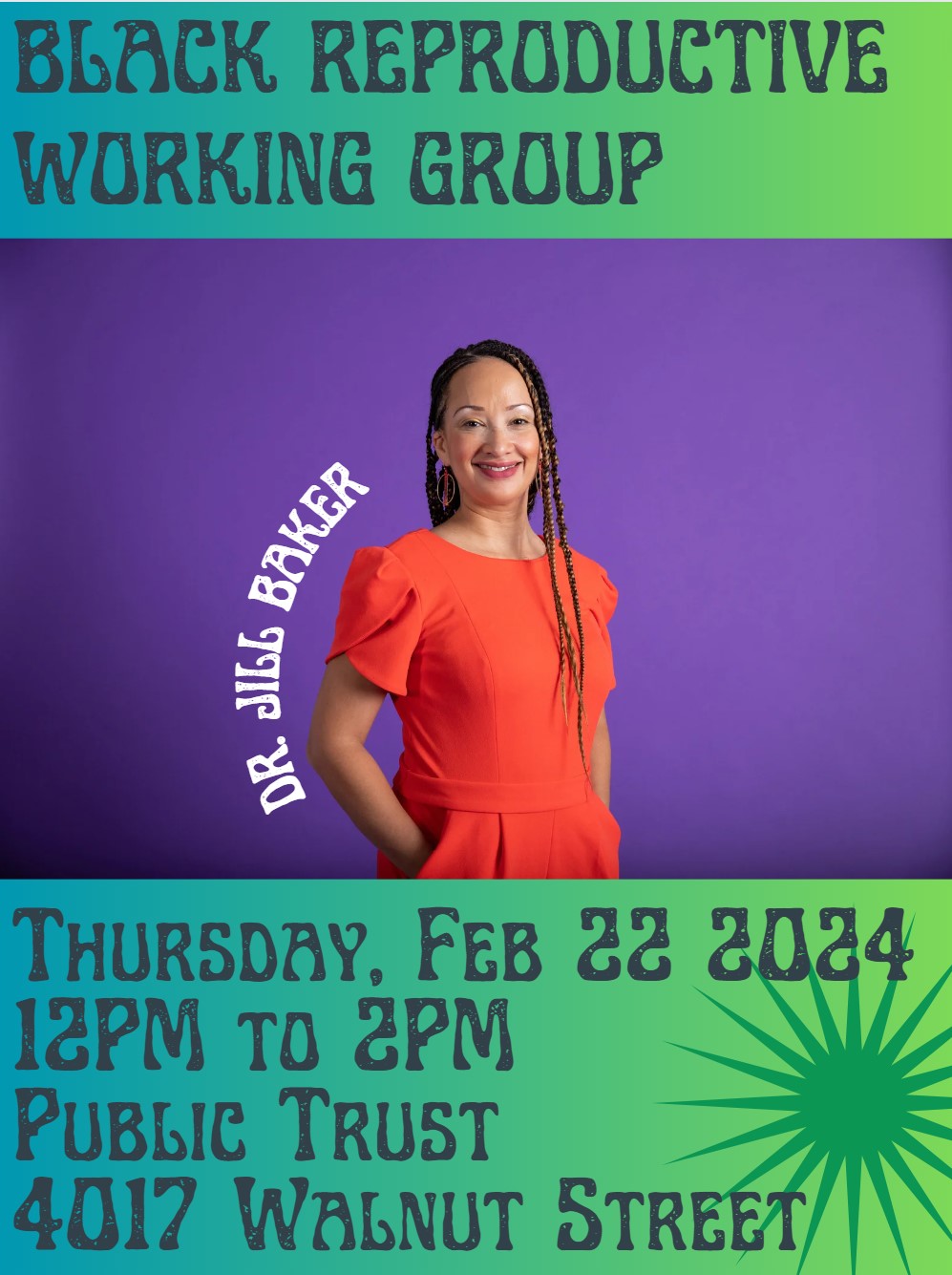
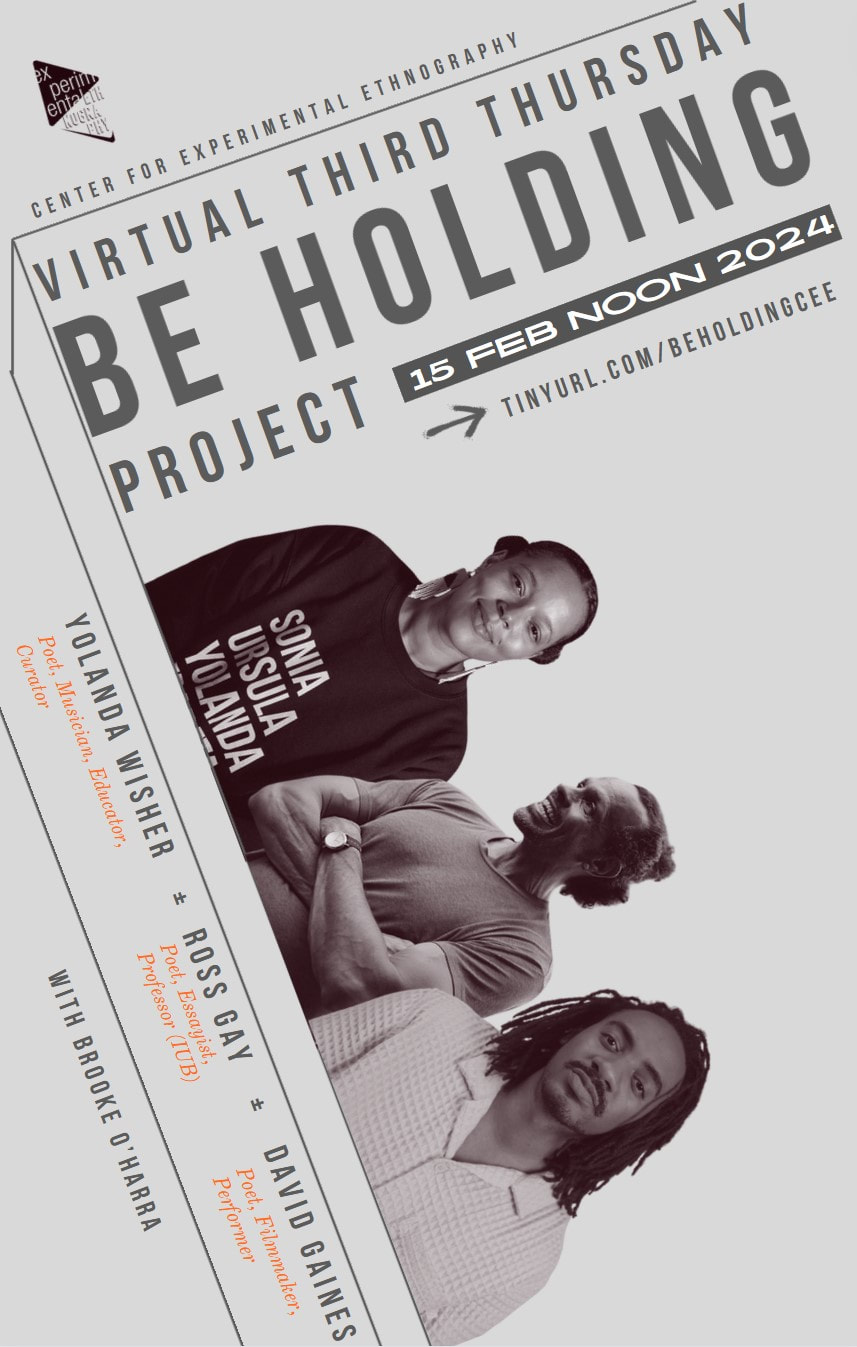
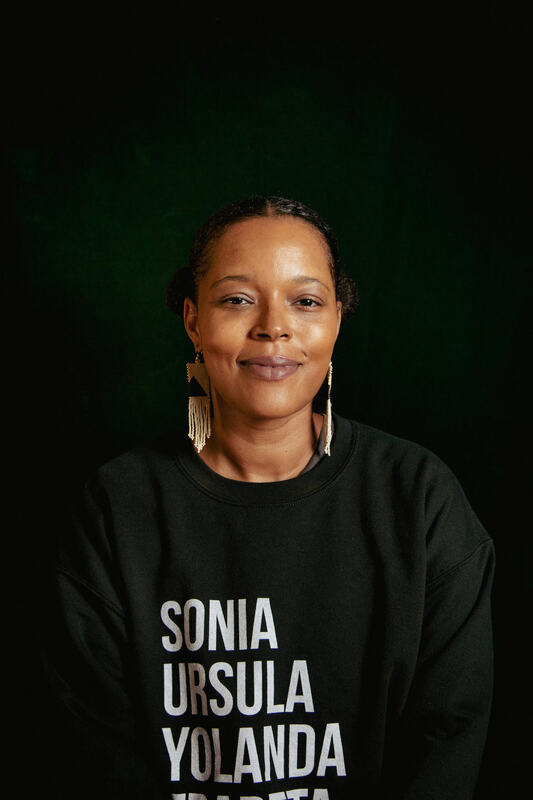
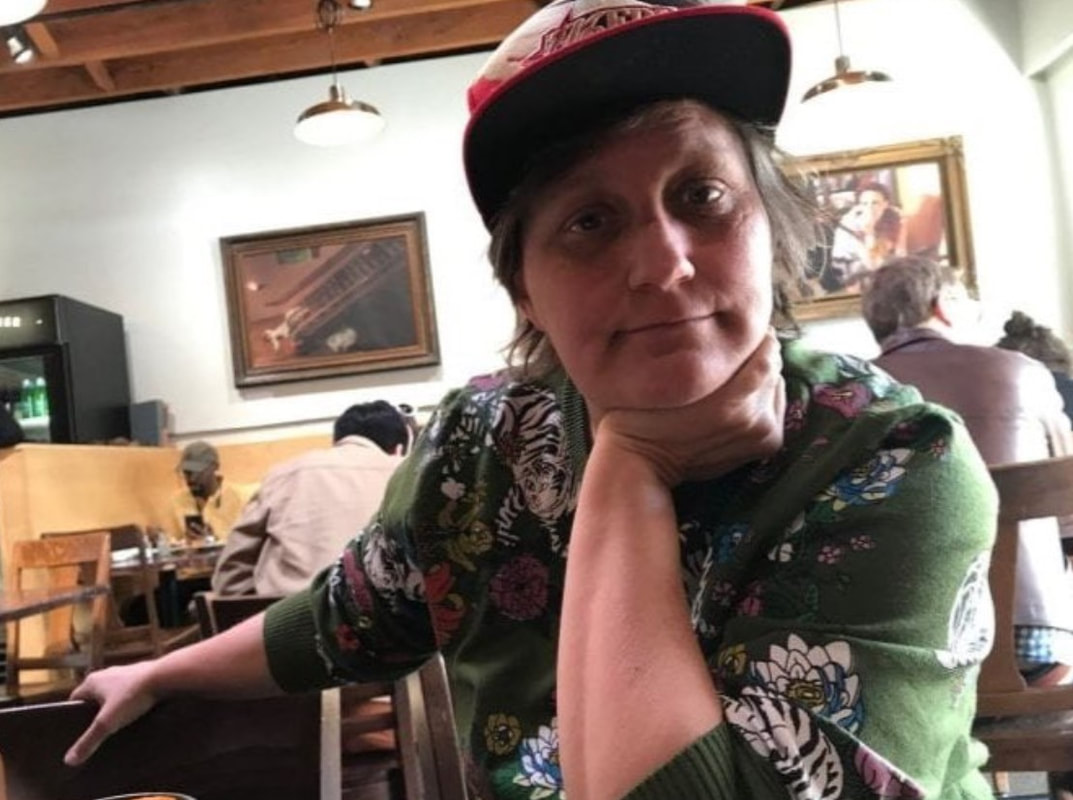
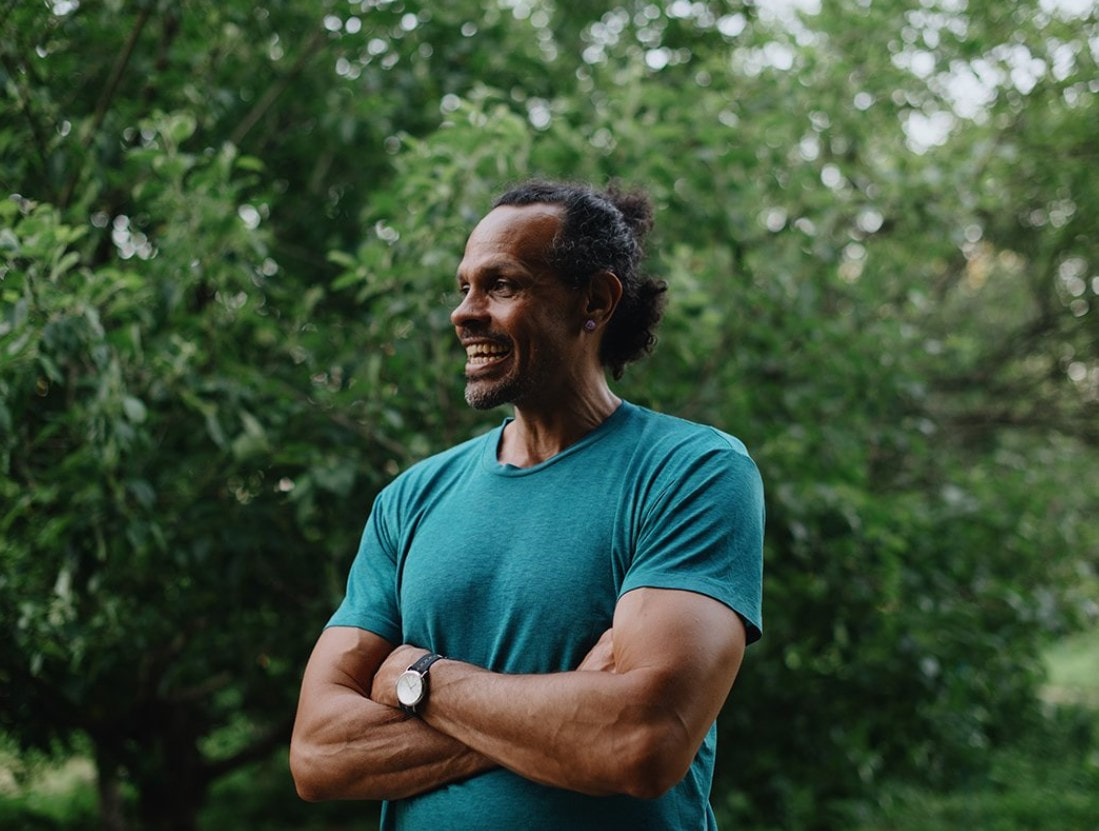
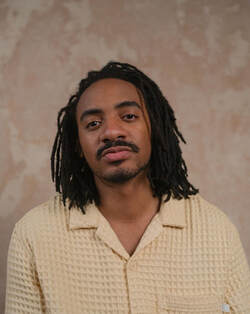

 RSS Feed
RSS Feed